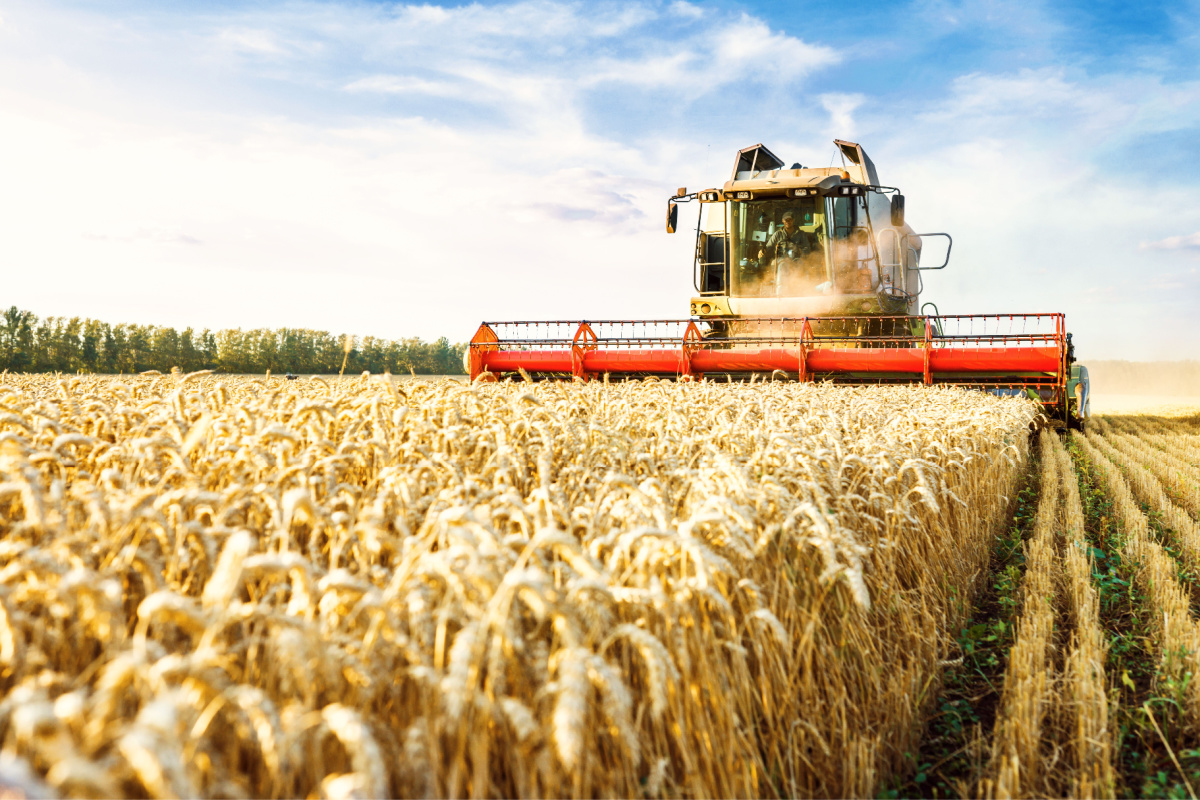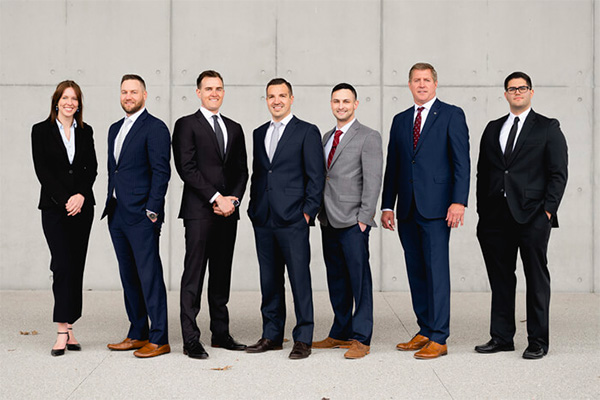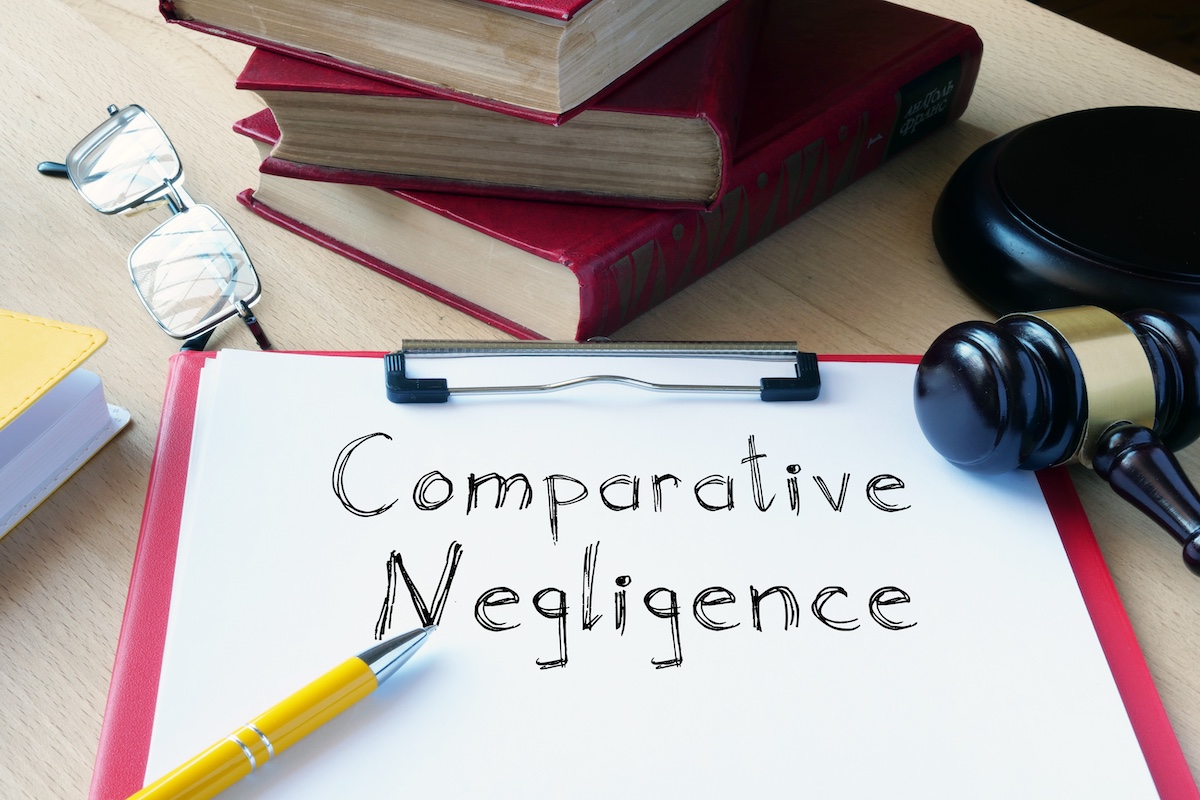
Farm equipment accidents are a significant concern in Iowa’s agricultural sector. These incidents often occur due to various factors, including machinery malfunctions, operator error, and, sometimes, challenging environmental conditions.
Tractors, combines, and other heavy machinery are typically involved in these accidents. The outcomes can be severe, ranging from minor injuries to more serious, sometimes life-threatening, consequences. According to data from the Iowa Department of Transportation, over 1,100 collisions annually involve motorists and agricultural vehicles in Midwestern states. Records show from 2017 to June, 2022, there have been 30 fatalities in Iowa due to accidents involving farm machinery. During this period, 84 incidents involving tractors and other farm equipment have also led to severe injuries.
Given Iowa’s strong agricultural roots, understanding the dynamics of these accidents is important for the farming community. It helps in identifying common risks and developing strategies to mitigate them. Furthermore, comprehending the legal landscape surrounding such accidents provides insight into how these incidents are handled from a legal perspective. Acknowledging the complexities of farm equipment accidents is the first step towards fostering a safer environment for Iowa’s agricultural workers.
Legal Rights for Victims of Agricultural Equipment Injuries
Victims of agricultural equipment injuries often find themselves facing not only physical and emotional challenges but also legal complexities. In Iowa, laws are in place to protect individuals who suffer injuries due to farm equipment accidents. These laws typically cover scenarios where negligence or equipment malfunction contributes to an injury. Victims can seek compensation for medical expenses, lost wages, and other damages from the accident. Additionally, Iowa law considers factors like equipment safety standards and operator conduct when evaluating such cases. Time limits apply to filing claims, and these vary depending on the specific circumstances of the case. While each case has its unique aspects, understanding these legal rights is a fundamental part of addressing the aftermath of agricultural equipment injuries.
Navigating Iowa’s Personal Injury Laws: A Guide for Farm Workers
Iowa’s personal injury laws offer a framework for farm workers who sustain injuries in the course of their duties. These laws encompass various aspects, from defining negligence to outlining the procedure for filing a claim. In cases involving farm equipment accidents, determining liability is a key component. Liability may rest with equipment manufacturers, farm owners, or other parties, depending on the situation. Additionally, Iowa operates under a comparative fault system, meaning the compensation can be adjusted based on the injured party’s level of responsibility in the accident. Understanding these nuances is important for farm workers seeking to address injury-related losses. Time is also a factor, as Iowa law sets specific deadlines for filing personal injury claims. For farm workers injured by agricultural equipment, familiarizing themselves with these legal principles can aid in effectively addressing their situation.
Common Injuries from Farm Equipment: What You Need to Know
Common injuries from farm equipment often range from minor to severe, affecting various parts of the body. Cuts, bruises, and broken bones are frequently reported due to mishaps with machinery like tractors, combines, and balers. More severe injuries can include amputations, head trauma, and spinal injuries, especially when heavy machinery is involved. In addition, long-term exposure to farm equipment can lead to chronic issues such as hearing loss or musculoskeletal disorders. These injuries not only impact the physical well-being of farm workers but also their ability to continue working and earning a livelihood. Awareness of these common injuries and their potential impact is vital for individuals working in the agricultural sector. It underscores the importance of safety measures and proper equipment handling to prevent such injuries.
Farm Equipment Safety Regulations in Iowa
In Iowa, farm equipment safety regulations aim to minimize risks associated with agricultural machinery. These regulations encompass a range of requirements, from equipment design and maintenance to operator training. Machinery must meet specific safety standards, including proper shielding of moving parts and the presence of safety signs. Regular maintenance and inspections are mandated to ensure the equipment functions safely.
Operator training is another critical aspect of these safety regulations. Individuals operating heavy agricultural machinery are required to have adequate training and understanding of safety protocols. This training helps in reducing accidents caused by operator error.
Moreover, Iowa’s regulations align with federal standards set by agencies like the Occupational Safety and Health Administration (OSHA), ensuring consistency in safety practices across different states. Adherence to these regulations not only promotes a safer working environment but also helps in reducing the incidence of farm equipment-related injuries.
Compensation Claims for Agricultural Equipment Injuries
Compensation claims for agricultural equipment injuries involve a process where injured individuals seek financial redress for their losses. These claims typically cover medical expenses, lost wages, and other damages resulting from the injury. In Iowa, the process begins with establishing the cause of the accident and identifying responsible parties, which may include equipment manufacturers, property owners, or employers.
Documentation plays a crucial role in these claims. Medical records, accident reports, and witness statements are often required to substantiate the claim. An accurate assessment of damages is also essential, encompassing current and future medical costs, lost income, and potential long-term effects of the injury.
The process can be complex, as it involves navigating through legal requirements and negotiations with insurance companies or responsible parties. Timely filing of the claim is important, as Iowa law sets specific deadlines for initiating legal action in personal injury cases. For individuals pursuing compensation claims, understanding these aspects is key to effectively addressing the financial impact of agricultural equipment injuries.
Preventive Measures: Reducing the Risk of Farm Equipment Accidents

Preventive measures are essential in reducing the risk of farm equipment accidents. These measures often start with ensuring all machinery is in good working condition. Regular maintenance and inspections help identify and fix potential hazards before they lead to accidents. Proper training for operators is also crucial. It ensures those handling the equipment are knowledgeable about safety practices and operation procedures.
Another key preventive measure is the implementation of safety protocols on the farm. This includes establishing clear guidelines for equipment use, ensuring safety guards and devices are in place and functioning, and enforcing the use of personal protective equipment such as helmets, gloves, and safety glasses.
Awareness campaigns and safety training sessions can further enhance safety on farms. These programs help educate farm workers about the risks associated with agricultural equipment and the importance of following safety guidelines.
Finally, creating a safety-first culture on farms can have a significant impact. When safety is prioritized and ingrained in daily operations, the likelihood of accidents can be greatly reduced. This culture encourages everyone on the farm to be vigilant and proactive about preventing accidents.
If you have suffered an injury from a farm equipment accident, contact or call us at 515-444-4000 as soon as possible for a free consultation.
Categories

Providing Unmatched EXPERIENCE On Your Case When you find yourself in a situation where you’ve been treated unfairly or you’re in the middle of a legal disagreement, it can be difficult to know what your rights are and how to proceed.







